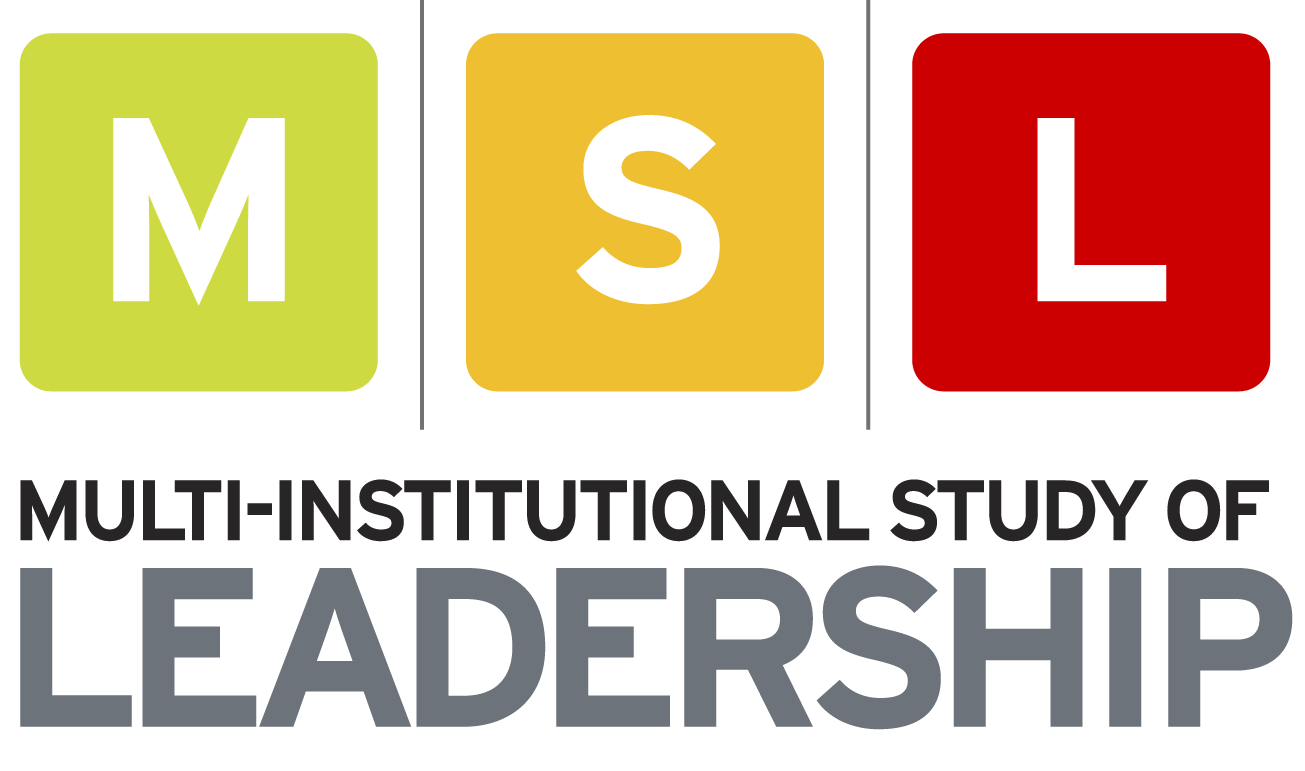MSL Scale Spotlight: Resilience
By Benjamin P. Correia-Harker, Ph.D.—MSL Co-PI
The MSL is a powerful and informative tool for any college or university. With most higher education institutions touting graduates as being prepared to effectively lead organizations and communities, administrators must be attuned to the degree to which they actually prepare students to engage in leadership. Not only should educators focus on students’ abilities to engage leadership, but they must also attend to related mindsets, skillsets, and considerations that influence the degree to which graduates are able to effectively lead. Thus, through a series of spotlight articles, we want to highlight different constructs the MSL measures, the ways these measures influence leadership practice, and how they might be of use to various stakeholders on campus.
This week, we want to showcase resilience. As measured in the MSL, resilience pertains to characteristics that enable persistence despite adversity and positive coping with stress. Change within organizations and communities can include setbacks, active resistance, or other forms of challenge. Leaders will fail; leaders will encounter roadblocks; leaders will hear messages that they can’t do something. Even though leaders experience these challenges, they must have the fortitude and ability to persist, to continue moving forward. Thus, leadership requires resilience.
However, how resilient are today’s college students? Based on the 2018 MSL administration, students’ responses to different aspects of resilience seem to vary. When asked to think about the prior month (in spring 2018), the following percentages of students responded “often true” or “true nearly all the time” to the following statement:
I am able to adapt when changes occur (72.7%)
I can deal with whatever comes my way (65.9%)
I try to see the humorous side of things when I am faced with problems (67.4%)
I believe I can achieve my goals, even if there are obstacles (78.4%)
Under pressure, I stay focused and think clearly (60.6%)
I am not easily discouraged by failure (50.7%)
Some of these results seem promising! Most students seem to believe they can achieve their goals even with obstacles and adapt to change. However, barely half of the students regularly feel they are not easily discouraged by failure. Leadership requires some risk, a few steps into the unknown. But will students take these risks or steps if failure is a real possibility? What may we as a society lose if college graduates are easily deterred by failure?
Because resilience does not only relate to leadership, many stakeholders on campus may be interested in exploring students’ levels of resilience. Specific student populations - such as students of color, women and gender non-conforming, LGBQ students, and first-generation students – face a range of adversities both on and off-campus. In addition to addressing systemic challenges within college communities, campus educators can also support students to develop a strong sense of resilience. Thus, administrators who work with different student populations may be interested in campus-specific results about resilience.
Ultimately, knowing the range of scales included in the MSL (like resilience) and how they inform practice for different campus stakeholders will not only help maximize data use within your community, but it can also help you build buy-in for MSL administration on your campus.

